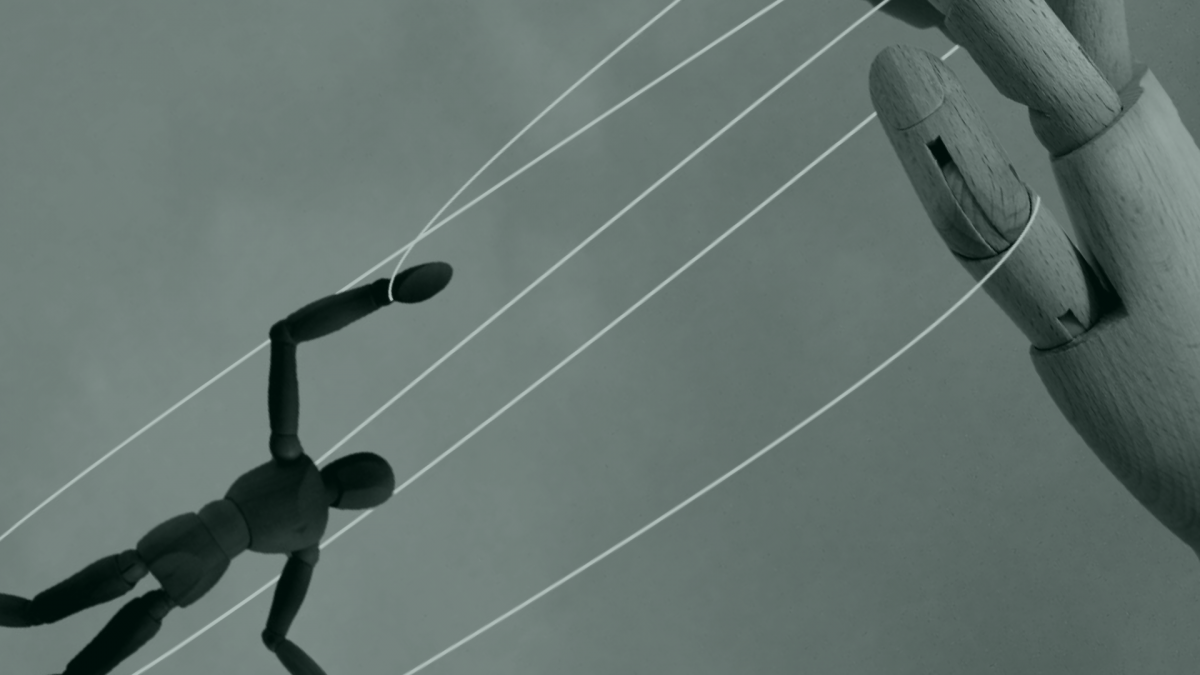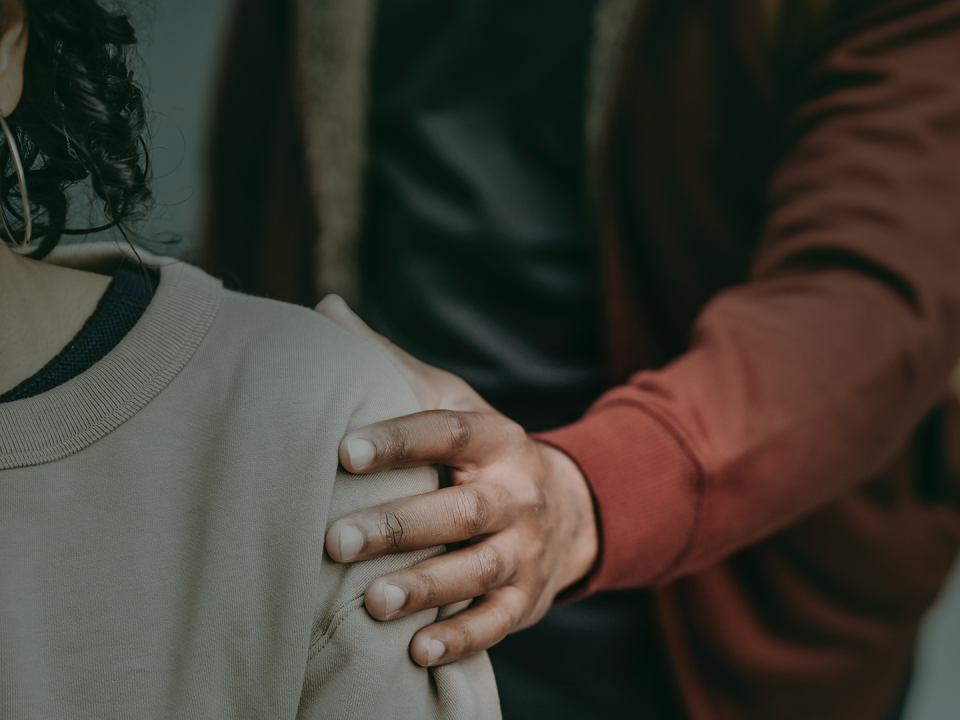
I think I need to talk to someone. What next?
January 15, 2021
Choosing a counsellor
September 13, 2021Professor Evan Stark, forensic social worker, and lecturer, defines coercive control as “a pattern of controlling behaviours over time more akin to terrorism and stalking.” (https://coercivecontrolcollective.org/what-is-coercive-control/). This behaviour has been criminalised in the UK; is a criminal act in some Australian states and is currently under review in NSW.
Australian statistics overwhelmingly show the majority of perpetrators are men. Women are more likely to be assaulted by a current or former partner (https://www.thelookout.org.au/fact-sheet-1-family-violence). Acknowledging that coercive control does occur in same-sex relationships, the language used in this post is addressing heterosexual abuse as this is a pervasive issue across cultures, socio-economic backgrounds, and education levels.
You may be wondering what it actually is, and how it shows up in relationships. It can show up in a myriad of ways. Here are some examples of coercive control.
- Your phone, laptop and other electronic devices are monitored by your partner. He wants to know passwords to your email accounts and/or social media, checking them so he can interrogate you about who you’ve been in contact with.
- He doesn’t allow you to be on social media or restricts who you can contact.
- He criticises your friends and family, slowly cutting people out of your life.
- He makes fun of your appearance or what you wear, eroding confidence in yourself.
- He questions your decisions till you feel you can’t make any for yourself, relying on him to make them for you.
Sadly, there are many more examples we could have listed here. If you want to know more, look at the Duluth Power and Control Wheel (https://www.theduluthmodel.org/wheels/).
What can you do? Coercive control feeds on isolation. If you have trusted friends and family members, tell them about your experience. Work out a safety plan that could include what you will do when he behaves in a controlling way, who you can get support and help from, and how you will manage the situation at home so that it doesn’t escalate.
There is external support also available by calling 1800RESPECT (1800 737 732). Their advisers can support you with information on available services and where you can get additional help. Remember, it is not your fault that this is happening to you. People choose to exert their control over others and nothing you do is an excuse to behave that way.
If you are no longer in a relationship where you experienced abuse and coercive control and are still trying to process feelings of shame, anger, grief, confusion, counselling may be useful for you. If you are in a relationship where you think you might be experiencing coercive control, we can support you. If you are in a same-sex or heterosexual relationship, contact one of our counsellors for a confidential discussion on how we can help. If we cannot provide direct support, we will be able to suggest other services.




